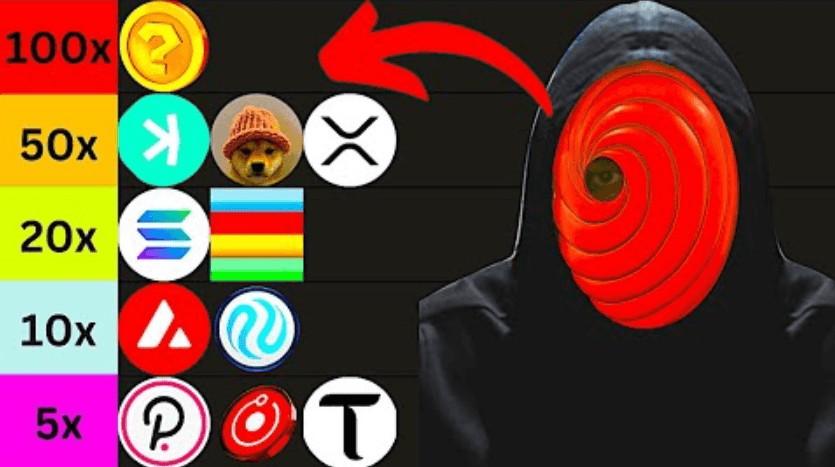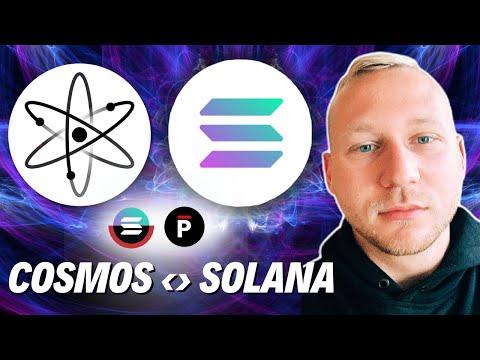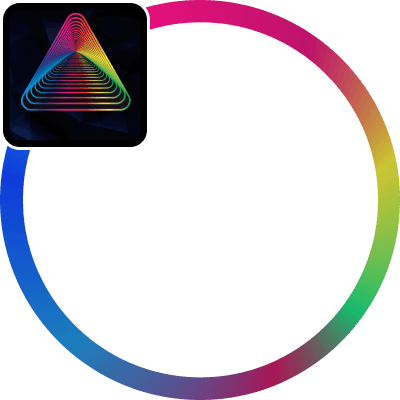Solana is an open-source blockchain platform designed for high-speed transactions and low costs. Launched in March 2020 by Anatoly Yakovenko, Solana aims to provide scalable, decentralized solutions that can support a diverse range of applications, from decentralized finance (DeFi) to non-fungible tokens (NFTs).
Background and History
Solana was founded by Anatoly Yakovenko in 2017, with the mainnet launching in March 2020. The platform quickly gained attention for its innovative consensus mechanism and high throughput. Solana’s history is also marked by its association with FTX and Alameda Research. These firms were significant early supporters of Solana, with Alameda Research providing liquidity and trading volume for SOL. The collapse of FTX in late 2022 led to increased scrutiny of Solana due to these ties, but the platform has continued to grow and evolve independently (Web3 Infrastructure for Everyone











